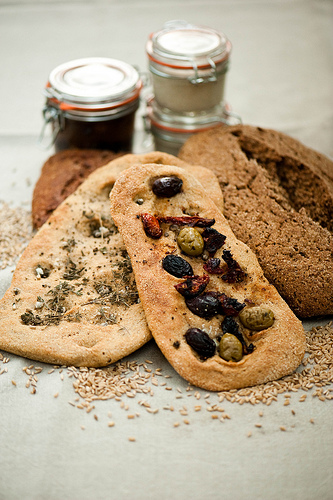Is it good or bad for you to eat fibre while you are experiencing gut dysbiosis? (Plus Video)

The fibre dilemma is a topic I commonly discuss with patients when they come to me to help them improve their digestive health.
For decades, fibre has been touted as an essential component of a healthy diet.
The supposed benefits of a high-fibre diet have been drilled into us through recommendations by our doctors, the government and the food industry alike.
People who experience constipation or diarrhoea are usually told to eat more fibre, often in the form of psyllium husk supplements or through an increase in the consumption of whole grains.
This is the standard nutritional, as well as general, advice.
Let me challenge this!
People who experience digestive issues, especially in relation to their gut, usually have an overgrowth of ‘bad’ bacteria in their digestive tract – what is known as gut dysbiosis. If this applies to you, if you are someone who has a deficit of ‘good’ gut flora, which can happen, for instance, when antibiotics are overused, then you will NOT benefit from upping your fibre intake.
If you have had gut dysbiosis for a significant period of time – in other words, if it was not treated promptly – you will often develop food intolerances. This is when you will notice that you are having adverse reactions to certain foods and may be told by your GP to stay away from dairy products and gluten. But unfortunately, if you stop eating these foods and switch to soy products, such as unfermented soy milk, and gluten free grains your gut lining will likely be damaged further. And if you also eat more fibre, this will only prolong your condition.
What’s going on here, you may ask. Well, fibre does indeed provide nourishment for the beneficial flora in our gut. It’s a primary food source for those little guys who live in our digestive tract. But what about when you have bad strains of bacteria overgrowing your gut? You would think that fibre would be a primary source of nourishment for those fellows as well, wouldn’t you?
YES, absolutely. When you have gut dysbiosis, the fibre you eat feeds the bad bacteria, making it practically impossible for you to rebalance your gut flora. You may be taking lots of probiotics but you will still struggle to resolve your gut issues.
So what’s the solution?
[youtube=http://www.youtube.com/watch?feature=player_detailpage&v=SZ7oRH0hD8I]
Go fibre-free for a few weeks. You’ve got to take the bad guys’ food away from them. And while you starve them, you can simultaneously introduce beneficial bacteria through supplements and fermented foods. This means removing all grains, beans, starches and raw vegetables from your diet and eating lots of non-allergenic foods that your compromised gut will find easy to digest, such as animal-sourced foods and soups.
People all around the world use this approach to successfully rebalance their gut flora and normalise their gut function. So do as they do and avoid allergenic foods. Forget about pumping yourself full of fibre. This is NOT going to solve your problem in the long run.
Remember, if you are suffering from bloating, diarrhoea, constipation, indigestion, food intolerances or nutritional deficiencies, the chances of you having gut dysbiosis are high. Have yourself checked out by a qualified nutritionist and stay away from fibre while you heal. Then, once you have re-established your gut flora balance, by all means resume eating fibre. It is now time to feed the good guys in your gut. All of a sudden, fibre is your friend again!
I it happens that you experience an extreme constipation, your treatment plan would be different. Make sure you consult a qualified nutritionist, or a certified GAPS practitioner to choose the right treatment for you.

